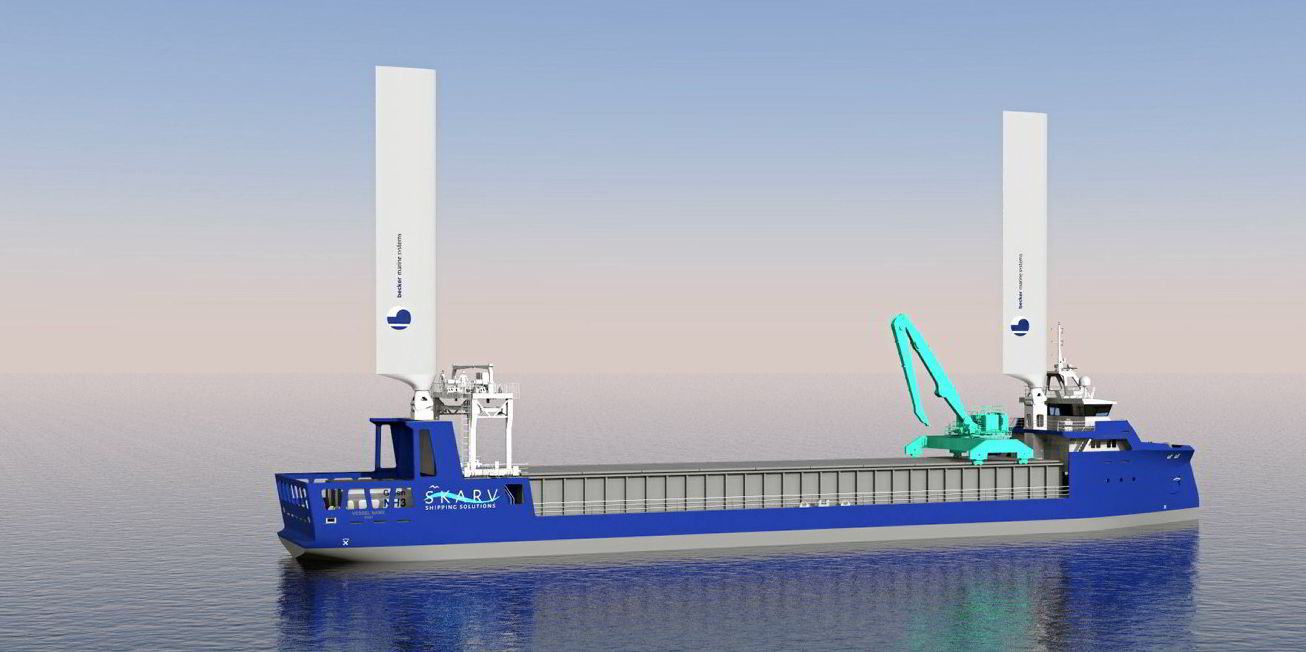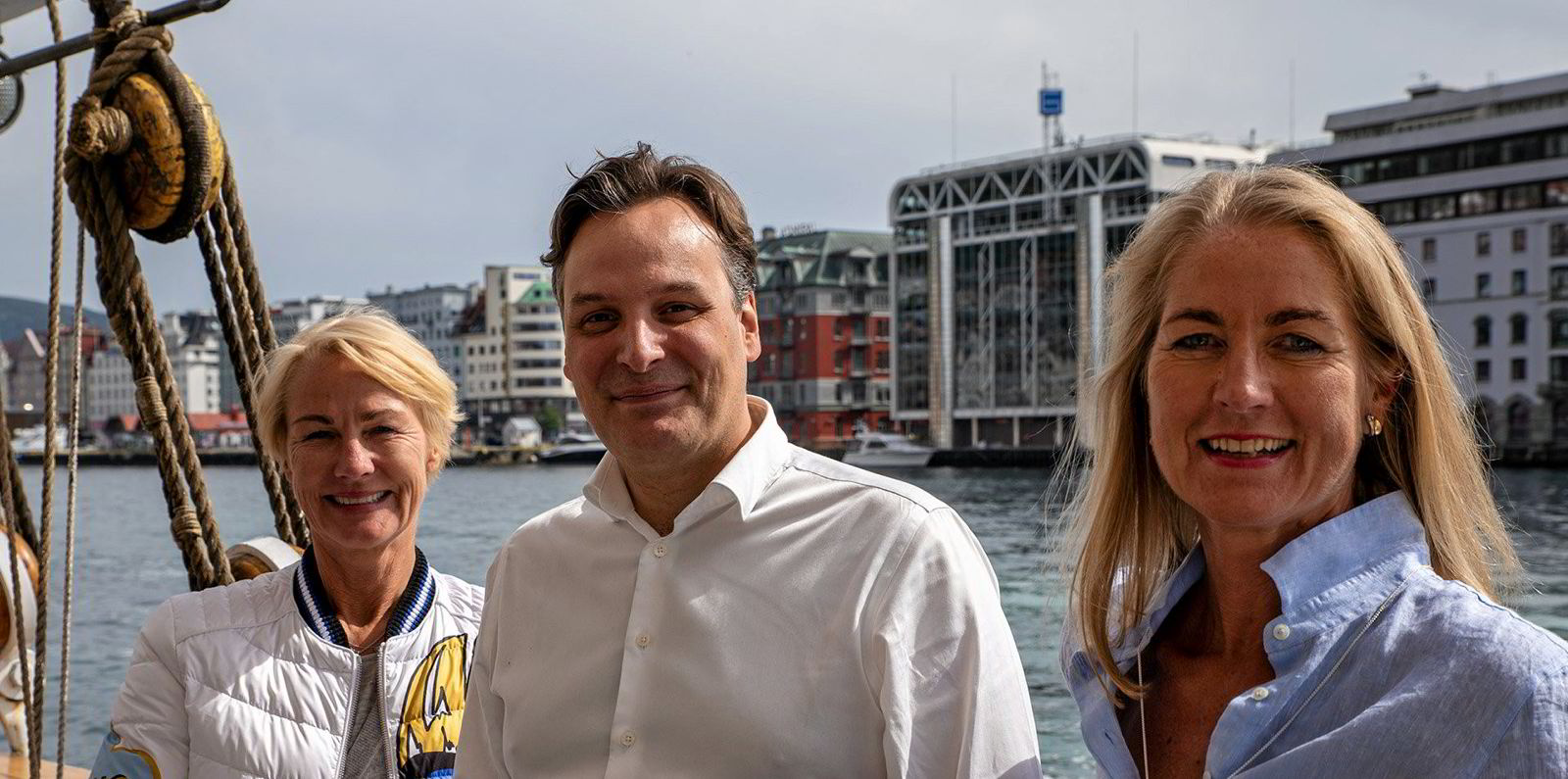Newcomer Skarv Shipping Solutions aims to build and operate a fleet of multi-fuel, zero-emission general cargo ships to help renew the ageing Norwegian shortsea fleet.
Skarv is a joint venture of two Bergen-based companies — general cargo and project specialist shipowner Peak Group and Grieg Edge, which is the new technologies subsidiary of bulker owner Grieg Maritime Group.
“We aim to be able to start the development and construction of up to four bulk carriers for transport in northern Europe before long,” said Skarv chief executive Jan Oivind Svardal, a Grieg veteran. “The focus will be on measures to reduce energy consumption and emissions of CO2.”
Svardal and Peak chief executive Jan-Petter Slethaug told TradeWinds the initial four ships are likely to be about 5,000 dwt, substantially larger than many ships in the Norwegian general cargo fleet, with a price tag of $15m to $20m. Grieg and Peak can both draw on experience building ships at yards in Europe, Turkey and the Far East.
Projects currently under development could result in six to eight ships in total.
Skarv was formally established in the summer after a year of project collaboration between Peak, a shipowner with a fleet of 25 general cargo and heavylift vessels, and Grieg Edge.
A key driver for the project is the willingness of Norwegian charterers to offer long-term contracts of affreightment to support the decarbonisation of their value chain. Skarv is working with several shipowners and charterers on such projects, some of which could be announced by year’s end with a view to having ships on the water by 2025.
Skarv is aiming to consolidate the fragmented small-ship market by reaching out to small Norwegian shipowners who lack the resources to invest in their own zero-carbon initiatives.
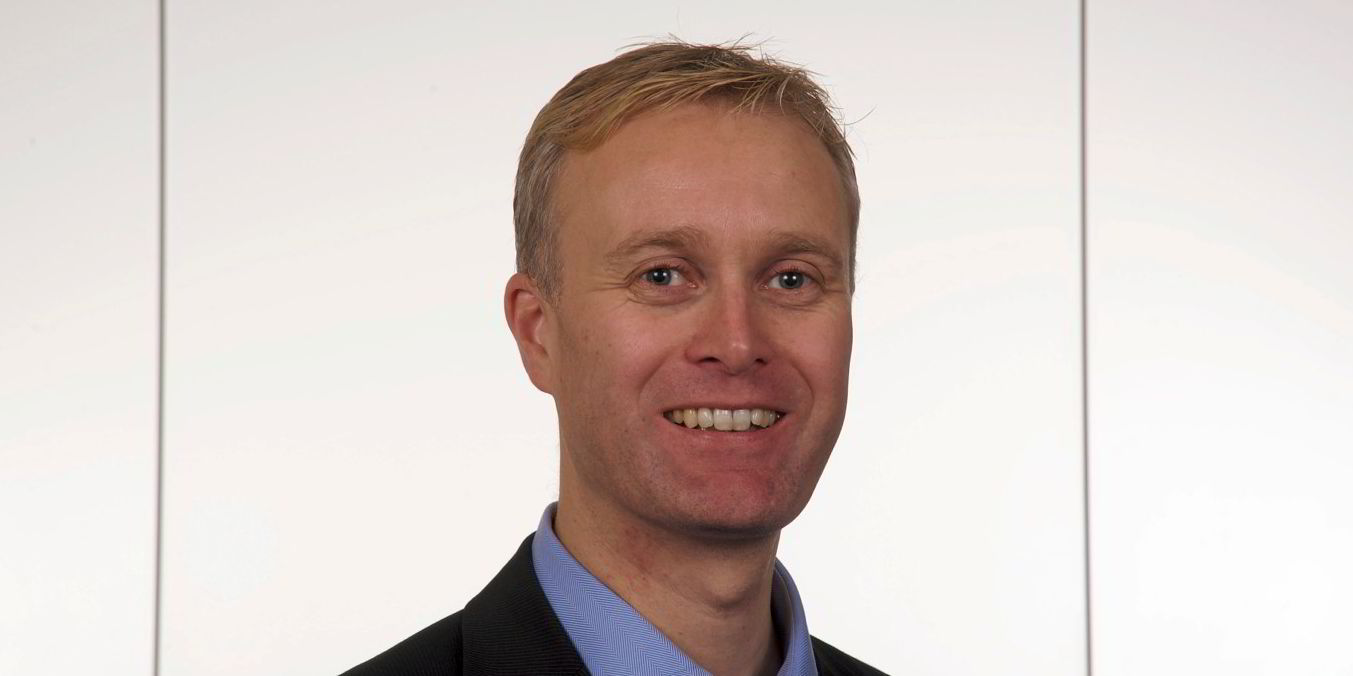
“There are a lot of small shipowners out there now with tonnage from the 1960s or 1970s but also with a lot of operational experience,” said Svardal. “The question is, will they fade out or will they still be around? Will they join forces and be under somebody’s wing?”
Equity stakes
But the new company will also partner larger peer companies as well, and possibly develop ships and projects for shareholder Peak’s own fleet.
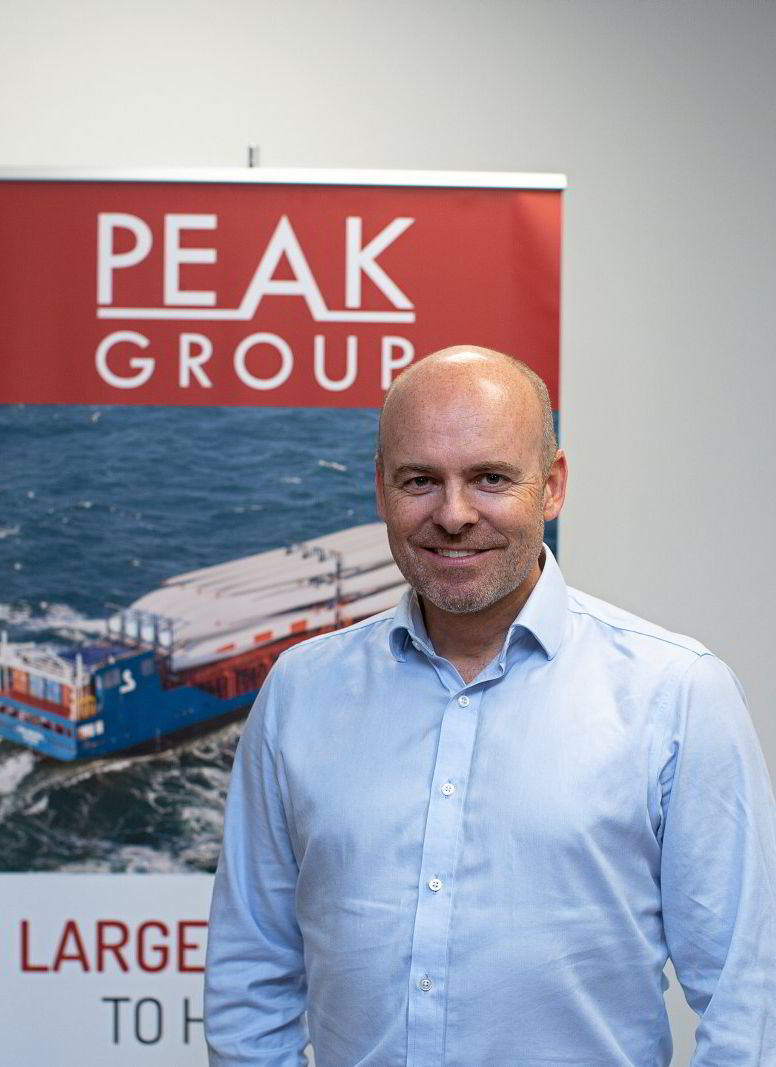
“We could even put vessels out on time charter to other owners,” said Slethaug.
He and Svardal emphasised that the venture will offer its partners a range of approaches, including designing and building ships and finding financing, but also managing and operating ships.
As a consolidator, Skarv is also interested in taking equity alongside its partners.
“We should not say what we do, but what we can do,” Slethaug explained. “We can support our partners in a way that is up to them, and operate their vessels if necessary.”
Svardal added: “We can offer our partners 100% of the package, or we can leave it with the partner to do the part they want to do.”
Not least, Skarv hopes to contribute to decarbonisation by optimising logistics for its smaller partners — especially by eliminating wasteful ballast voyages, combining pieces of business so as to use larger vessels with more efficient routing.
“Along the coast of Norway there should be a possibility of improving the logistical chain and avoiding ballasting. Optimising volume and ship size will contribute to efficiency, and also on the shore side, there is a lot of old equipment that needs to be upgraded as part of the logistics chain,” Svardal said.
TradeWinds has previously reported on a pioneer project of a similar kind, in which charterers HeidelbergCement with eastbound aggregate cargoes and Felleskjopet Agri with westbound grain cargoes were able to offer a joint long-term cargo commitment to support newbuildings for Trondheim-based owner Egil Ulvan Rederi.
Skarv has somewhat similar projects under discussion for projects combining complementary cargoes, Svardal said.
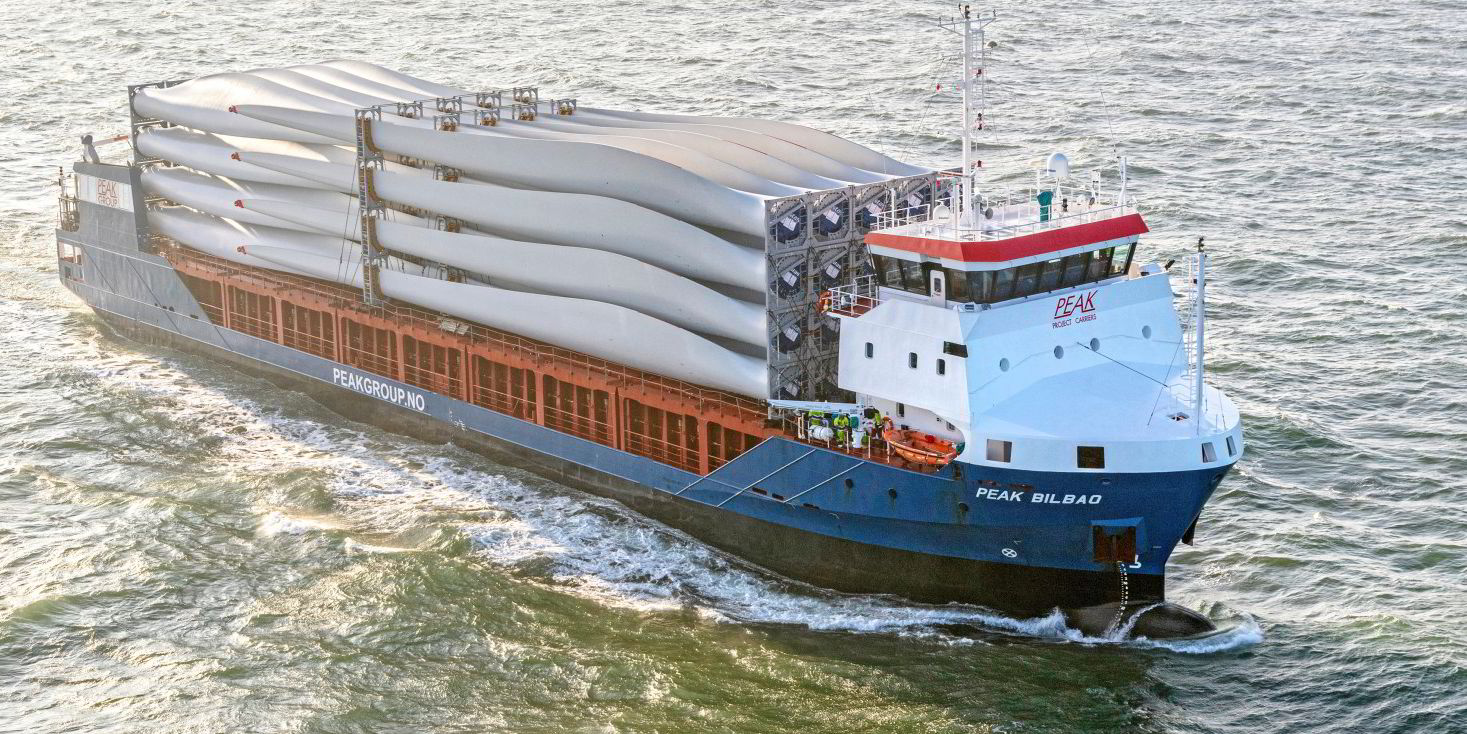
Another key to Skarv’s pitch to potential partners is arranging for financial support from Norwegian state sponsors, such as green-energy transition promoter Enova.
Grieg Edge and Peak think the way to develop green projects for ocean shipping is by starting with smaller projects.
“We believe that much of the development of new propulsion models in shipping will occur within the shortsea segment,” said Grieg Edge managing director Nicolai Grieg. “In Peak Group, we have found a partner with extensive expertise in that area.”
